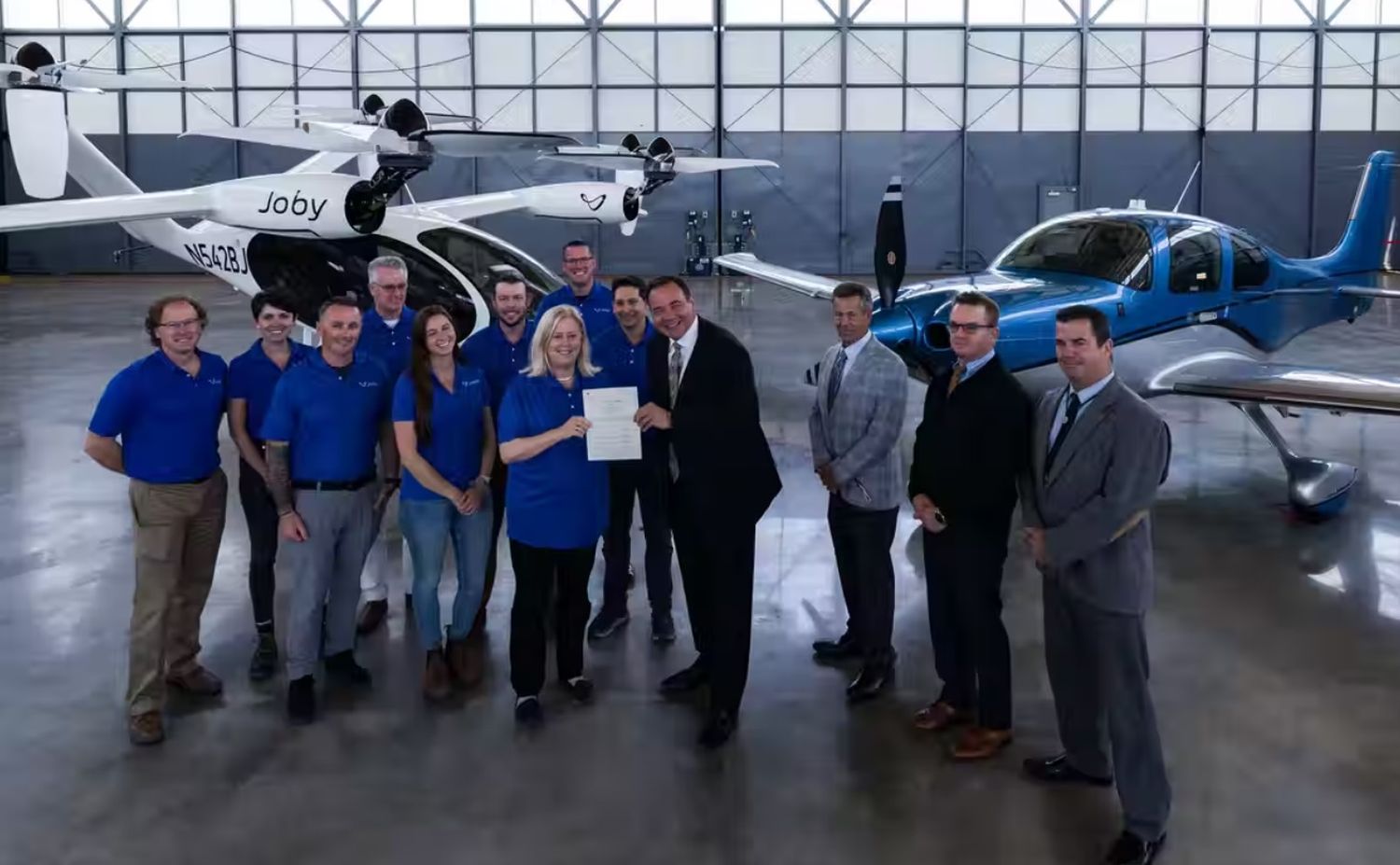Joby Aviation, a California-based company that develops all-electric aircraft for commercial passenger transport, received an Air Carrier Certificate (Part 135) by the U.S. Federal Aviation Administration (FAA). The company will start commercial operations with conventional aircraft while advances with its eVTOL prototype.
The rating, part of Title 14 of the Code of Federal Regulations, allows for charter air service operations. It is one of three approvals required for the operator to conduct commercial flights with its electrical vertical take-off and landing (eVTOL) aircraft. The other two ratings required are the Type Certificate and the Production Certificate.
Bonny Simi, Head of Air Operations and People at Joby Aviation, said the resolution will allow them to exercise the operations and customer technology platforms that will underpin the multimodal ridesharing service. He also highlighted the possibility of perfecting operating procedures.
Initially, the company expected to receive the certification during the second half of 2022. However, the FAA’s resolution was brought forward. The process consisted of five stages and included the submission of more than 850 pages of manuals produced by Joby Aviation. The company’s pilots had to demonstrate knowledge and mastery of the procedures necessary to safely operate the prototype.
«Receiving this certificate ahead of schedule is a testament to the incredible dedication and hard work of our team», Simi added.
Once the aircraft receives the Type Certificate, the manufacturer will be able to complete the review process by the regulatory authority to register the aircraft and include it in its certification as an air carrier. Joby Aviation expects the aircraft to begin commercial operation in 2024. The project, like others of similar characteristics, contemplates the use of this novel form of air transport as a low-emission urban service.
The all-electric aircraft is designed to carry a pilot and up to four passengers. According to the company, it will have a range of up to 150 miles (240 kilometers) per battery charge. It will reach a speed of up to 200 miles per hour (320 kilometers per hour).
See also: Eve publishes results of urban air mobility tests in Rio de Janeiro


Comentarios
Para comentar, debés estar registrado
Por favor, iniciá sesión